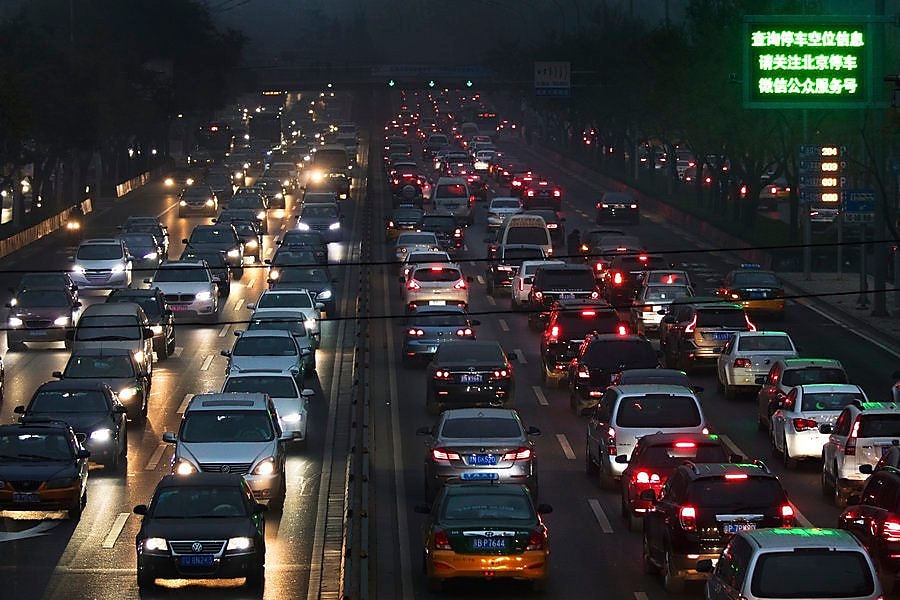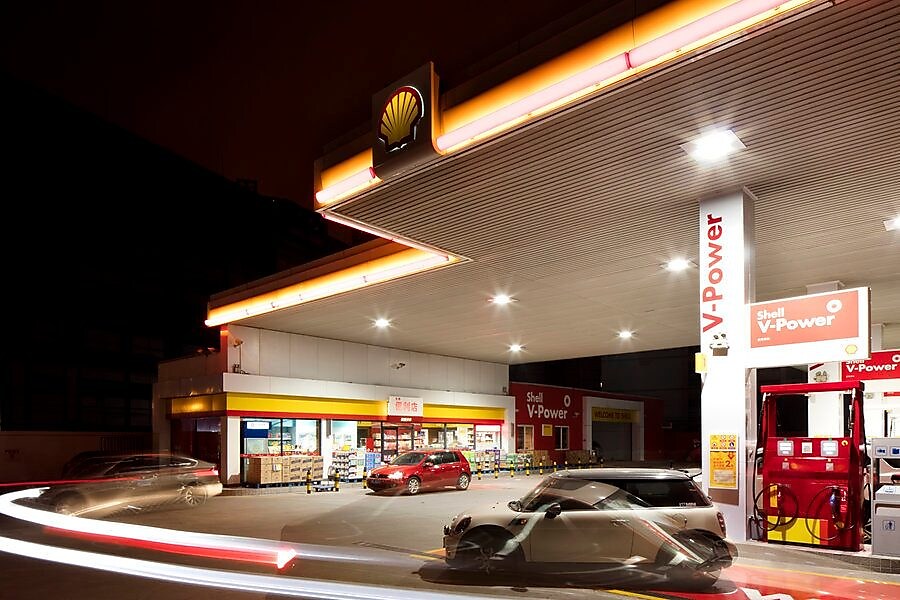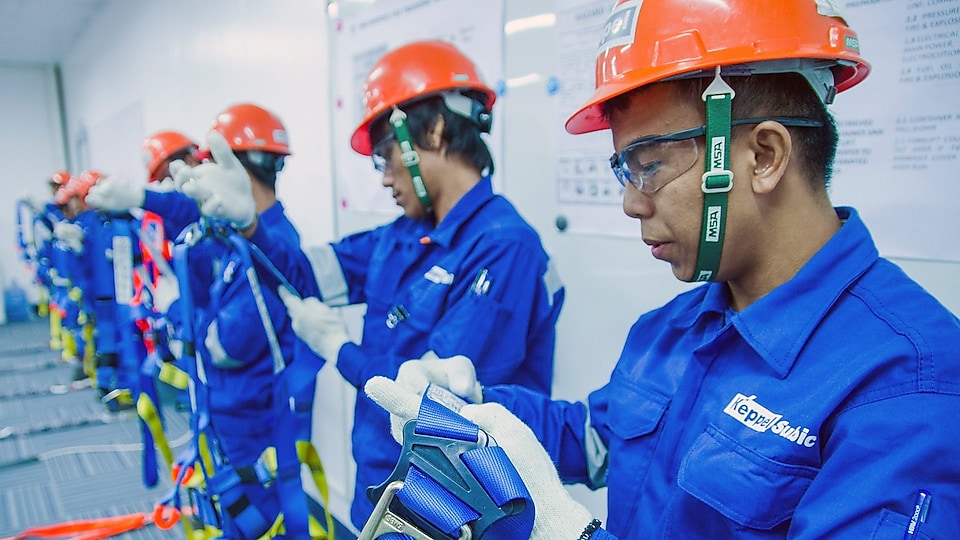Reuniting families
Wei is one of millions of Chinese people that travel home for the Spring Festival to reunite with their families. The period, called chunyun (“Spring travel’’), starts 15 days before the festival and lasts for around 40 days. For many it's the only chance they get to visit their families all year.
Train stations and bus terminals are packed and roads are jammed.
But traffic accidents are common. Of the 2.98 billion journeys expected to take place during this period, an estimated 2.48 billion will take place by road, according to China’s National Development and Reform Commission.
China now has 310 million motor vehicles – more than any other country in the world. With more new and inexperienced drivers, traffic casualties are commonplace.
According to studies conducted by China’s Ministry of Transport and Beijing’s Beihang University’s School of Transportation Science and Engineering, most of the country’s road accidents occur in August. But many also occur in February and March, during chunyun.
Building awareness
That is why Shell China, the country’s largest global operator of retail stations, has started a road safety awareness campaign. Weary drivers will be able to rest in special rooms, enjoy a hot drink and even walk away with so-called “bags of luck,” filled with snacks and drinks.
The campaign, during the Chunyun period, runs across all 1,350 forecourts in three municipalities, nine provinces as well as the Hong Kong and Macau Special Administrative Regions.
Road safety tips from Shell will be broadcast on radio as well as on Wechat, China’s messaging service. Motorists will also be encouraged to share their own stories.
Rebecca Chan, Vice President of Shell China Retail, says: “The Spring Festival is a happy time of year when families are reunited. But the journeys home can sometimes be challenging.
“We wanted to give drivers some joy and respite on their route but, at the same time, highlight the importance of road safety.’’





